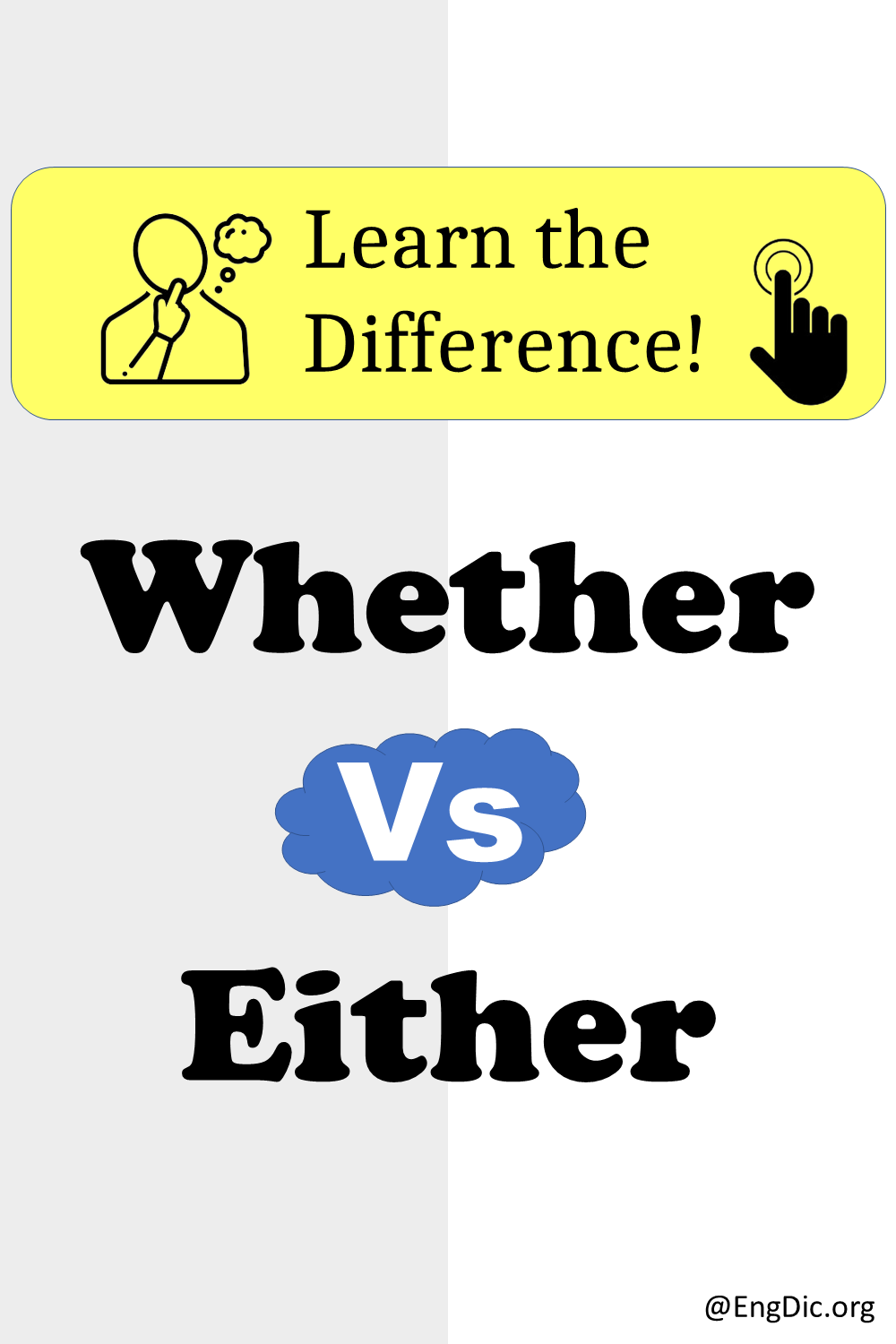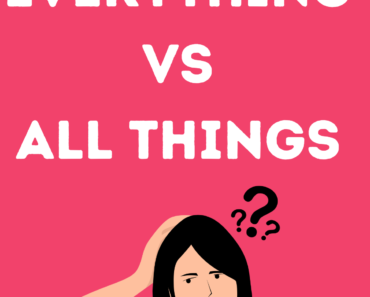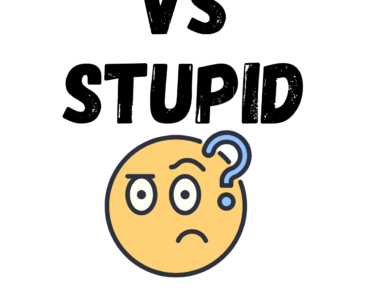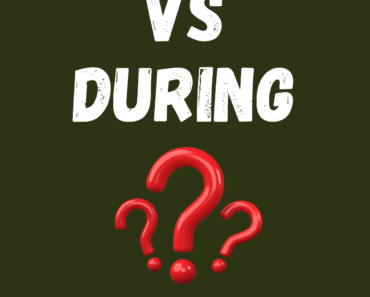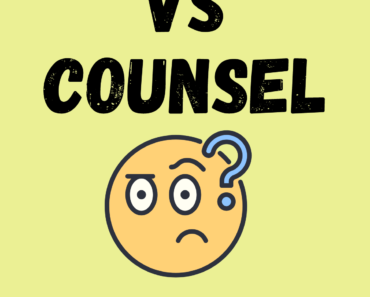“Either” and “whether” are two words in English that can sometimes confuse writers due to their seemingly similar contexts of choice or possibility. However, they have distinct uses and meanings. Understanding the differences between these two words can greatly enhance clarity in writing. Here’s a breakdown of their uses and distinctions:
1. Definitions and Basic Uses
Whether:
Definition: “Whether” is used to introduce a clause where there are two or more alternatives or possibilities. It often sets up a direct choice or condition.
Example: “I haven’t decided whether to go hiking or stay home.”
Either:
Definition: “Either” is used in a couple of ways. As a conjunction, it’s often paired with “or” to indicate one out of two options. As a pronoun or adjective, it can indicate one or the other of two.
Example as Conjunction: “You can either call me at home or on my cell.”
Example as Pronoun/Adjective: “Either option works for me.”
2. Grammatical Roles
Whether: Used as a conjunction to introduce an indirect question or a clause after verbs that imply doubt, choice, or possibility (like “discuss,” “decide,” and “know”).
Example: “She asked whether he was coming.”
Either: Can function as an adverb, pronoun, conjunction, or adjective. As a conjunction with “or,” it introduces alternatives and is not limited to two, although commonly used in pairs.
Example as Adverb: “I don’t like it either.”
3. Formality and Usage in Sentences
Whether: Commonly used in formal contexts. It introduces more complex choices and is particularly useful in formal writing and speaking.
Example: “Whether you agree or not, the meeting will proceed.”
Either: Seen across informal and formal contexts but often lends itself well to casual conversation. It emphasizes an equal choice between two.
Example: “You can sit either in the front or the back.”
4. Special Cases and Exceptions
Whether…or not
A common phrase that can sometimes be shortened to “whether” alone if the context is clear.
Example Full: “I’m not sure whether or not I should call.”
Example Shortened“I’m not sure whether to call.”
Either…or not
Not a standard usage, as “either” requires a direct alternative presented by “or.”
Incorrect Example: “I will either attend the meeting or not.” (This is grammatically odd and not recommended.)
Correct Usage: “I will either attend the meeting or stay home.”
5. Choosing Between “Either” and “Whether”
- Use whether when indicating a choice among alternatives or expressing a doubt between options, especially in formal or elaborate contexts.
- Use either when emphasizing the exclusivity of one option over another, or when paired with “or” to denote one of two possibilities.
